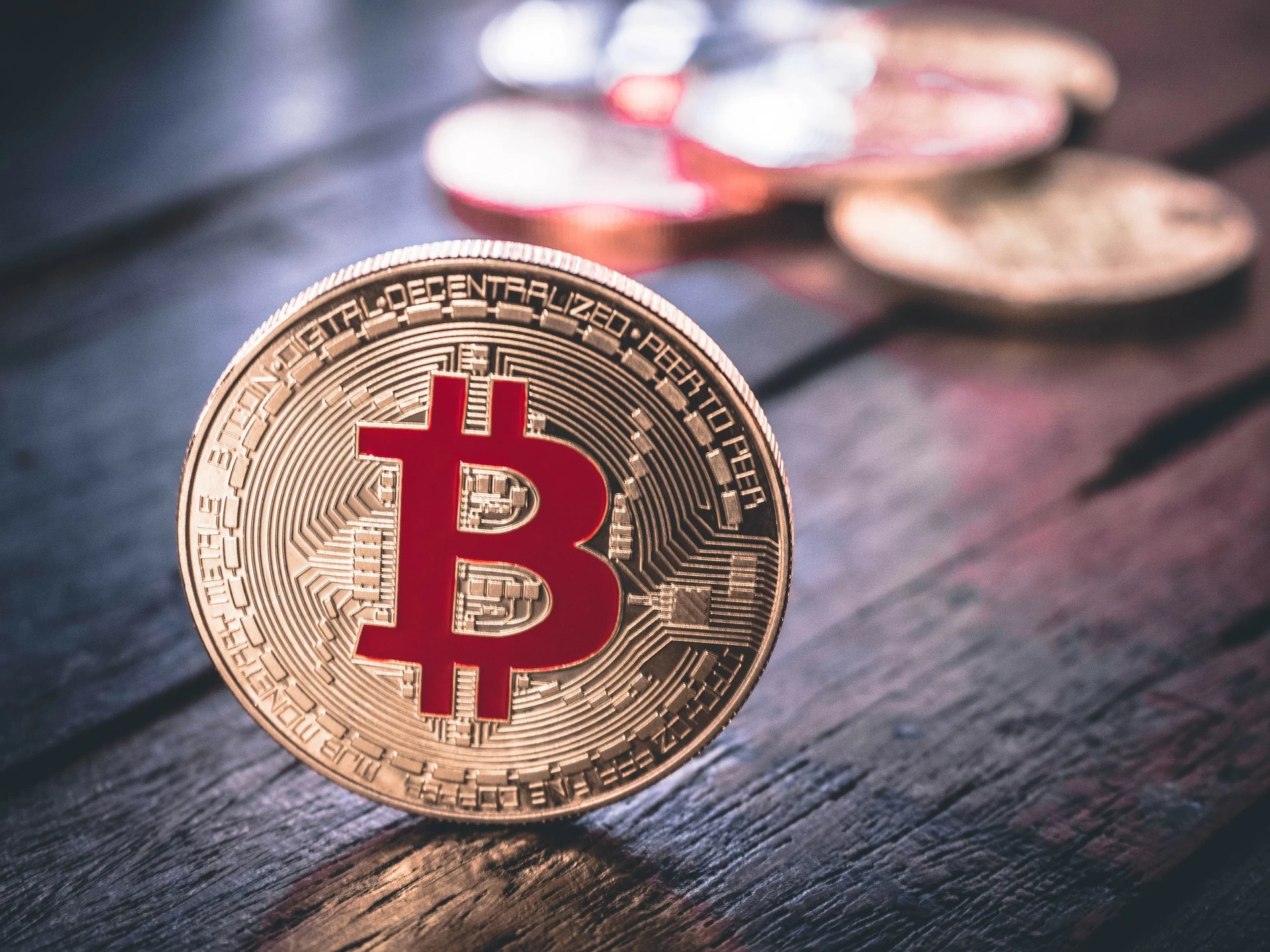
All You Need to Know About Tax Audits
June 25, 2021
Could ‘green’ cryptocurrencies be the solution to Bitcoin’s energy crisis?
June 29, 2021The round-up of the stories that a budding Student Lawyer should be aware of this week. Sign up here to get these updates in your inbox every week.
The Bank of England’s Increasing Pressure
Article by Andrew Dewey (3rd yr LLB student at Reading University)
The Bank of England is under growing pressure to increase interest rates in response to the rising inflation rates across the UK. Since the easing of Covid-19 restrictions over the past weeks, consumers have taken bankers by surprise in relation to the level of spending post pandemic. In May 2021, inflation rates creeped above the UK Central Bank’s aim of being at 2% as it reached an unexpected level of 2.1%. It is expected that in the upcoming months, this will exceed 3%, with some analysts even saying it will reach 4%, because of the unforeseen successes of GDP growth in the first financial quarter which adds to the growing pressure to increase interest rates.
The UK has certainly achieved its ‘V’ shaped recovery as predicted by most economists. However, despite this pressure on the Bank of England, spokespersons for the UK’s central bank have stated that there is no need for any changes, but they will continue to monitor the situation carefully. Following the 2008 financial crisis, inflation reached 5.2% but soon balanced out as many households became more conscious of their savings soon after this peak. Drawing on this point, analysts believe this will reoccur as people will be looking to tighten their belts after the post-lockdown freedoms wear off.
The relationship between Interest Rates and Inflation
Inflation is when the prices of goods increase which results in money losing its value. With consumers spending more money because they are allowed more freedom in society, this has increased the demand for goods, services and commodities which triggers an increase in prices to ensure the heightened need for supply is met. For example, fuel prices have reached their highest average in over a year at 129p per litre with the predictions being that this inflation rise will continue for the seventh consecutive month.
Central Banks can control inflation by increasing interest rates. At present, interest rates are set at 0.1% which gives consumers no incentive to save their money, so they decide to spend it. Therefore, an increase of interest rates means that individuals will receive higher amounts of money from their banks if they choose to save which may deter them from excessive spending.
The knock-on effects of any increases could see a slow in the housing market as the costs of borrowing for mortgages will increase. This is also the same for company activity, such as the M&A market, which is at a 3-month consecutive high, because the cost of debt financing will increase.
That said, it is yet to be seen how the Bank of England will respond to this pressure in forthcoming months. With prices for property, fuel and clothes reaching new highs, it is clear where the pressure is building. Despite this, and going by similar instances occurring previously, it seems that the Central Bank will not be in a hurry to make any changes.
Reopening Hit by Labour Shortages
Article by Joyce Yiu (LLM student at Queen Mary University of London)
Are businesses ready to recover from the pandemic? Not totally.
Sectors such as hospitality have dealt with serious shortages of staff since reopening after lockdown, and the problem may become even more severe. It could reach crisis level following the 30th June deadline, after which it will become more difficult to hire EU workers.
Hospitality
Restaurants and bars have been allowed to serve food and drink outdoors since 12 April, while indoor dining have restarted from 17 May. However, recruitment is a growing issue and some venues struggle to reopen. UK Hospitality, the trade body, said there was currently a shortfall of about 188,000 workers, with the shortage of front-of house staff and chefs being particularly acute.
Brexit has also contributed to staff shortages, as EU workers returned to their home countries, and many have not returned due to travel restrictions.
UK Hospitality asked the government to renew its list of shortage occupations and consider a visa scheme for workers who would not qualify under the points-based system. It is unlikely that the government would open up this route as the government flatly rejected such a suggestion. Instead of relying on labour from aboard, the government encourages employers focusing on training the domestic workforce.
In fact, restaurants are getting creating when it comes to hiring. Restaurant group Hawksmoor is offering bonuses of up to £2,000 to workers who recommend friends for jobs in a bid to fill staffing shortages. Another chain, Caravan, has emailed customers with a promise of gift vouchers if they introduce candidates who go on to be hired by the firm.
Meat Sector
About a billion birds are slaughtered, prepared and packed in the UK per year, and the British Poultry Council (BPC) is reporting a 10% fall in the number of birds being slaughtered for meat in recent weeks. British Meat Processors Association (BMPA), a trade body which represents companies in the beef, pork and lamb industry, said the sector was also suffering a labour shortfall.
Similarly, the BMPA has lobbied the government to put butchers on its list of shortage occupations, to allow recruitment from overseas at a lower salary and skill level. The BPC has made similar demands and also argues the sector should be allowed to recruit seasonal workers under a scheme currently open only to horticulture.
Actually, it might be a good time to switch to automation, either completely or partly. Farms and factories need to step up automation in preparation for the changes to immigration, and would need to invest more in machinery, as well as raising wages to attract UK-born workers. But it is undeniable that the meat industry needs time and flexibility from the government on immigration to survive the transition.
You can read more here and here.




